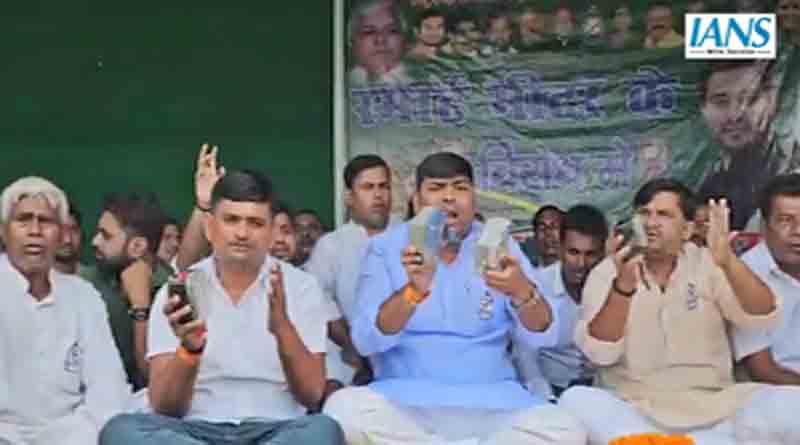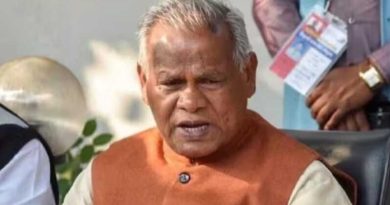RJD launches statewide protest against smart meters
Insight Online News
Patna, Oct 1 : The Rashtriya Janata Dal (RJD) launched a statewide protest against the installation of prepaid smart meters in Bihar on Tuesday.
According to RJD spokesperson Ejaz Ahmad, protests will be held at all district and block headquarters, including Patna, with participation from senior party leaders, district and block presidents, party workers, and the general public.
The party claims that the installation of smart meters has resulted in higher electricity bills compared to the older meters, disproportionately affecting the poor and marginalised communities.
“The state government is exploiting the common people in the name of smart meters and many families have had their electricity cut off due to their inability to pay the increased bills. The state government is allegedly applying pressure on district officials to install smart meters forcibly. Such an initiative is aimed at benefiting power companies rather than consumers,” Ahmad said.
This protest represents RJD’s opposition to what it perceives as an unjust policy that burdens the underprivileged. The party demands a clarification from the state government on the forced implementation of smart meters.
The RJD spokesperson further criticised the Bihar government, accusing it of being under the influence of power companies and ignoring the struggles of consumers, particularly the poor.
“The NDA government, led by Nitish Kumar, is prioritising corporate interests over public welfare. It has been protecting companies rather than addressing the needs of the people,” Ahmad said.
RJD state president Jagdanand Singh also raised serious allegations against the Bihar government. He pointed out that Bihar has approximately 2.76 crore households, and even a small malfunction of smart meters, resulting in an extra charge of just Rs 100 per household, would lead to a massive profit of Rs 276 crore for the power companies each month. Singh said that this creates a significant and unjust financial burden on consumers.
While smart meters have been implemented across India to provide convenience, Singh argued that they have instead led to a flood of complaints. Bihar, one of India’s poorest states, has seen the highest concentration of smart meters installed — 50 lakh out of the 1.16 crore installed nationwide — raising concerns about whether the scheme is disproportionately targeting vulnerable populations.









